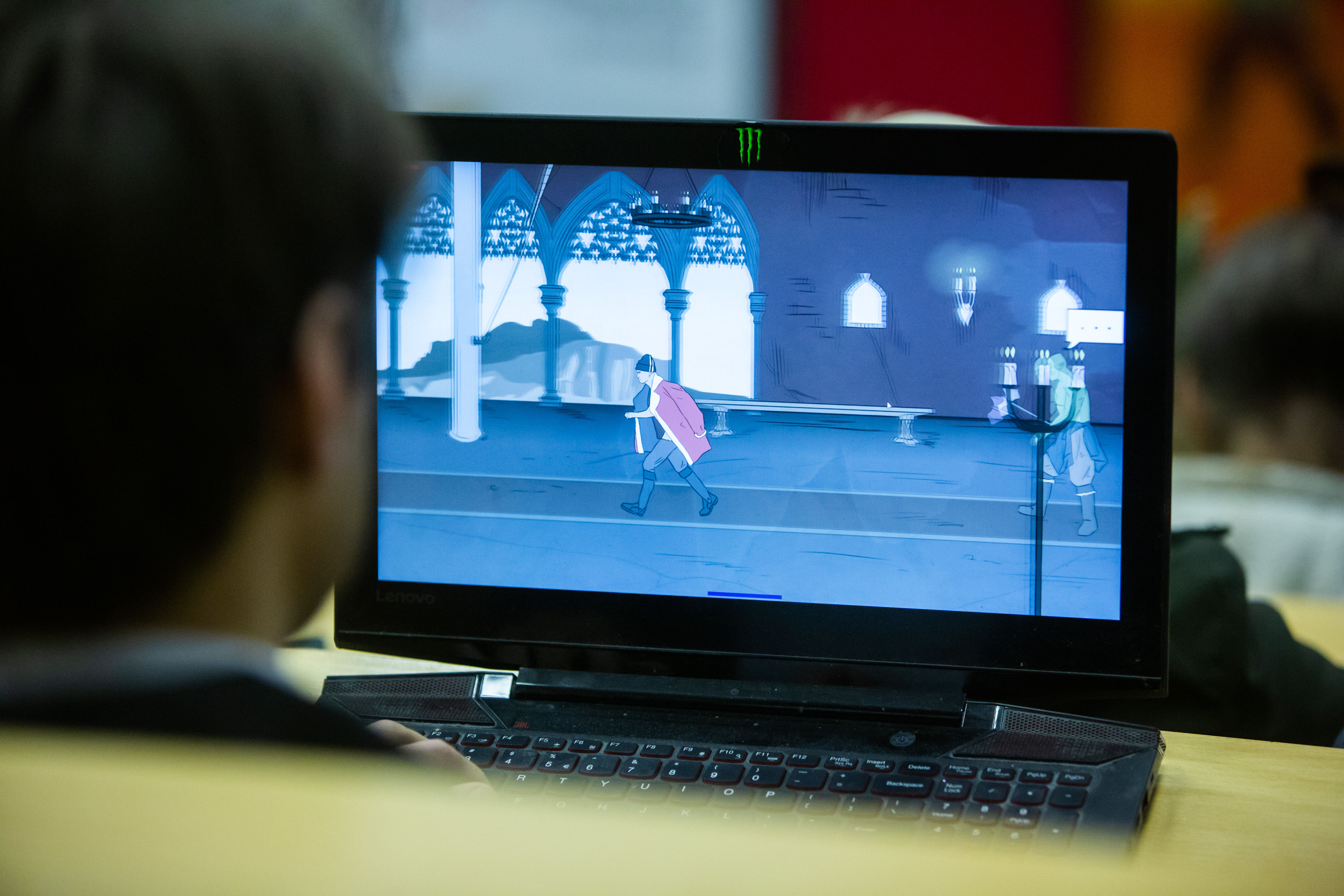Trends: What Direction Are Modern Day Innovative Entrepreneurs Taking?
2018
Dec 11
Dec 11

Today the globe experiences a massive penetration of information technologies and artificial intelligence into the business environment – automated processes or voice command devices are a present-day trend. Lithuanians are also actively heading their way in these fields – according to the latest data of Startup Lithuania, 81 per cent of new startups are established in the IT field at hackathons.
Startup Lithuania, a startup ecosystem unit of the Public Institution Enterprise Lithuania, has been organizing four Hacker Games hackathons every year, with the purpose of promoting the development of new startups. In 2018, the event rallied a total of 115 teams, comprising almost 500 participants. A few fields of future startups, i.e. IT and life sciences, received considerable attention at these events.
“The practice of Startup Lithuania shows that business ideas developed in Lithuanian hackathons go hand in hand with global trends. In 2018, we had 115 teams, 93 of which developed their products namely in the IT field – starting with the game industry (43 new business ideas) and finishing with other information technology solutions that might be adapted in the spheres of education, culture, e-commerce, etc. With regard to life sciences, we had 13 new business ideas, and several of them have been developed on the basis of artificial intelligence,” Roberta Rudokienė, Head of Startup Lithuania, a startup ecosystem unit of the Public Institution Enterprise Lithuania, gives an overview of business ideas that are born at hackathons.
A breakthrough in life sciences
According to the organizers, an active breakthrough in life sciences was already visible in the previous years; however, this year the respective ideas are not only unique, but also promising.
“Lithuania does not have many startups in life sciences, yet this is natural, because the development of a product that can be adapted to medicine or biotechnology requires not only time, but also huge financial resources. Nevertheless, our hackathons gave birth to really excellent ideas that can be used in ergonomics and neurology. We are pleased at the fact that interest in the development of products in this field has only been growing, and the future startups – without fear of sophisticated processes – have been developing artificial intelligence projects that have a clear added value for the state,” comments R. Rudokienė.
The game industry – a new niche for young generations
The fact that the game industry is experiencing a time of huge interest can be proved by active design of games at Hacker Games hackathons. In 2018 only, 43 unique games with the promising future outlook of a startup have been designed in four events.
“Although society tends to adopt a dual approach to this industry, it is definitely one of the most promising in our country. According to the latest data of the Lithuanian Game Developers Association, 50 enterprises of the game industry have been currently registered in the country, generating 0.19 per cent of Lithuania’s GDP, and the income generated by one person in this industry amounts to as much as EUR 200 000,” claims R. Rudokienė.
The Hacker Games hackathons, organised by Startup Lithuania, a startup ecosystem unit of the Public Institution Enterprise Lithuania, have been taking place since 2015. Every year, each event has over 100 participants who create prototypes of products or services together with skilled mentors. Typical hackathon participants are 16–40 year old developers: programmers, graphic designers, developers of business ideas and other young persons who want to challenge themselves.
